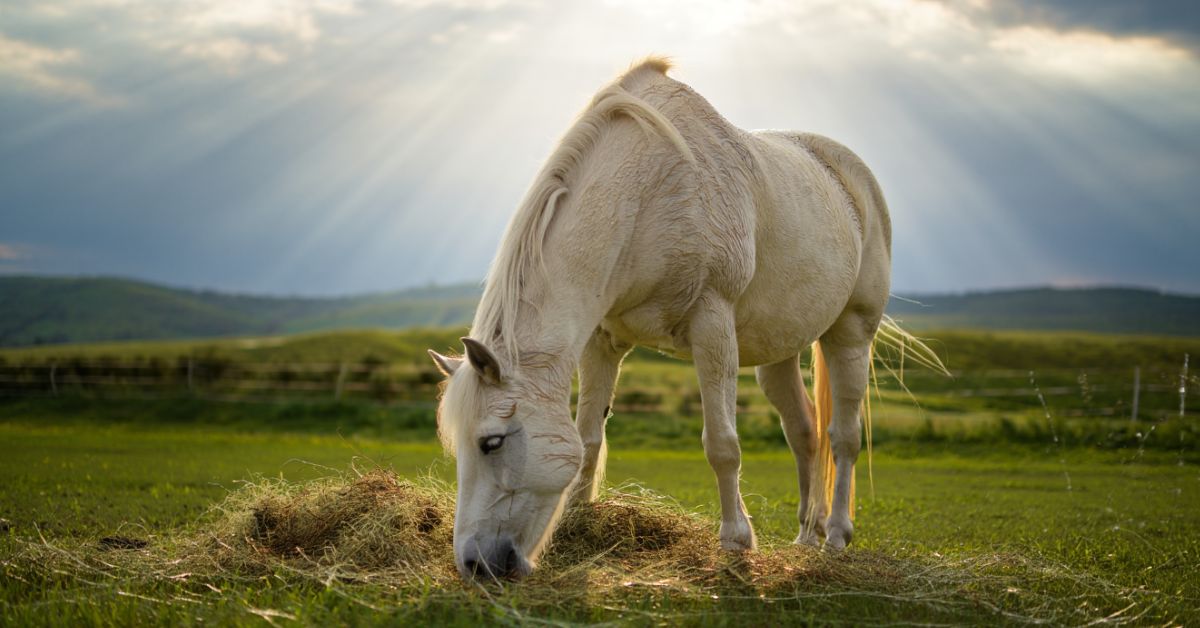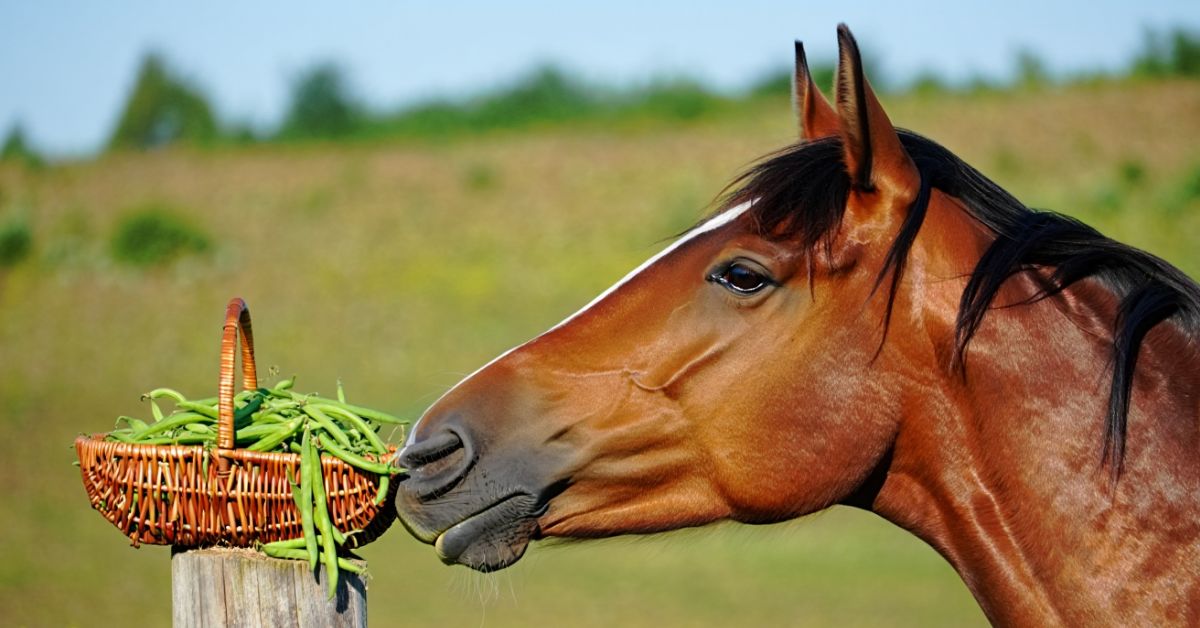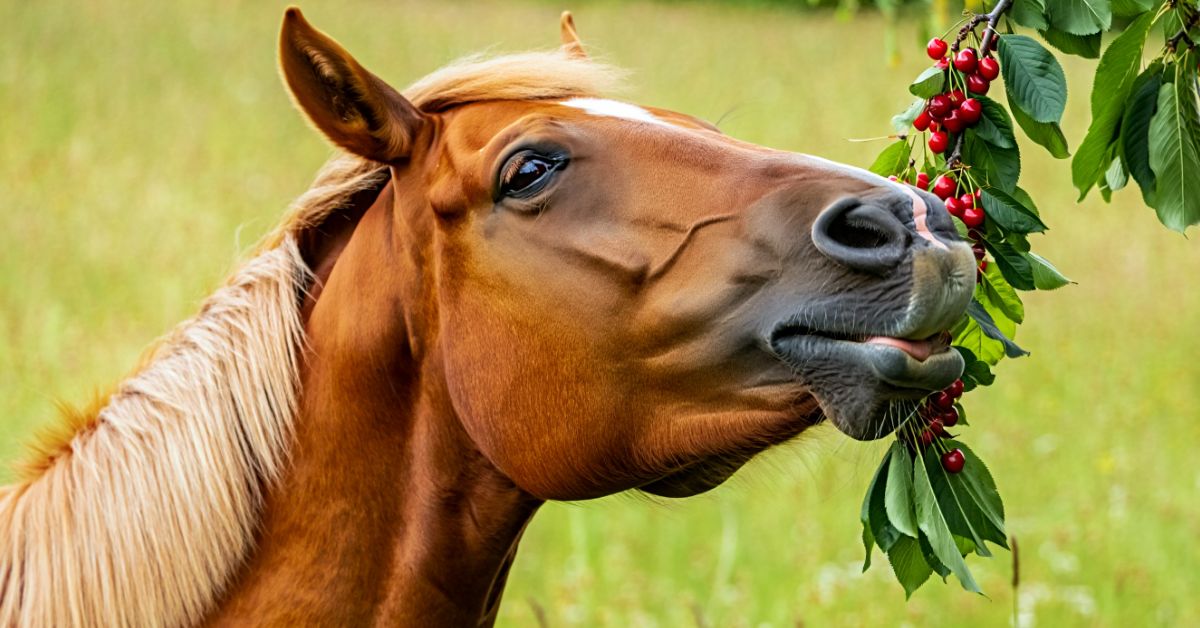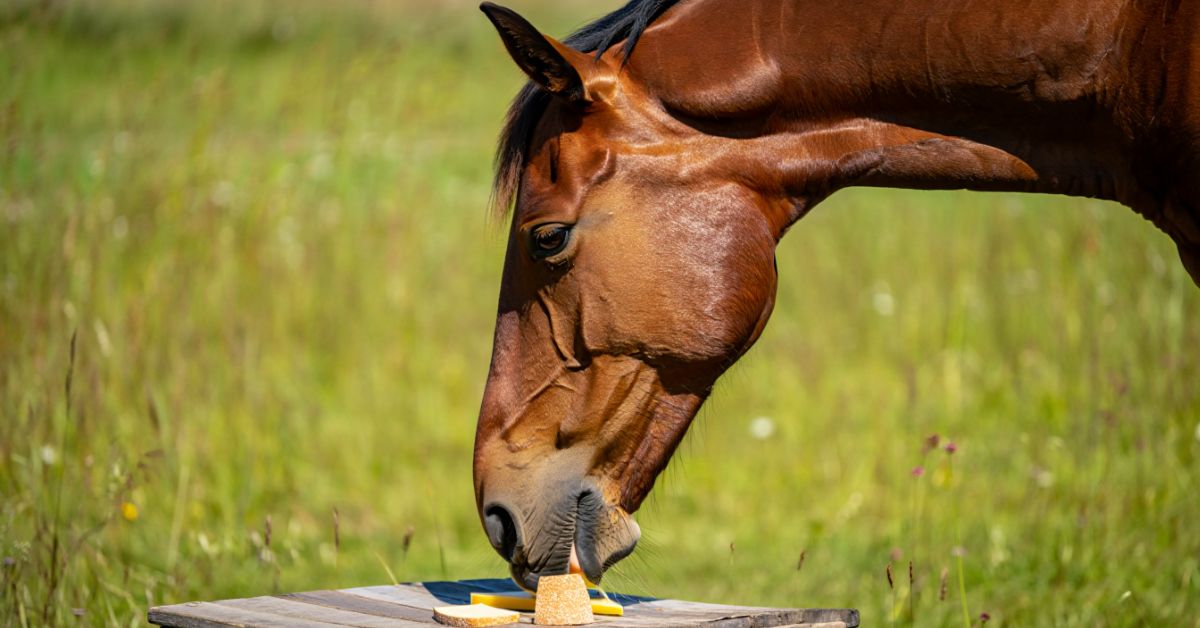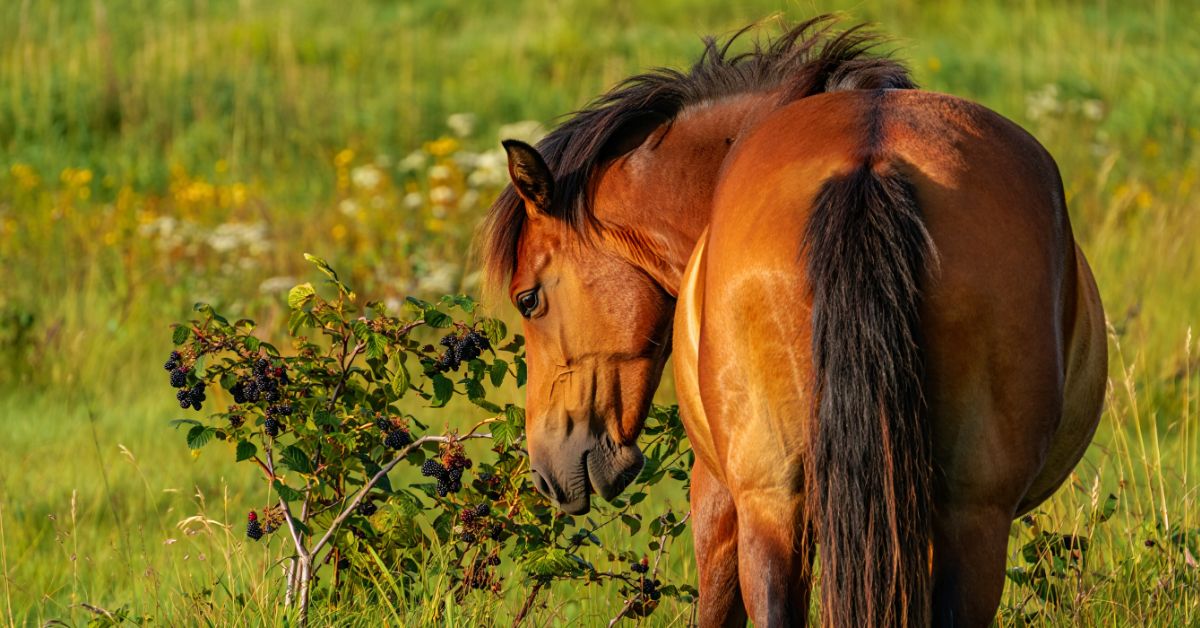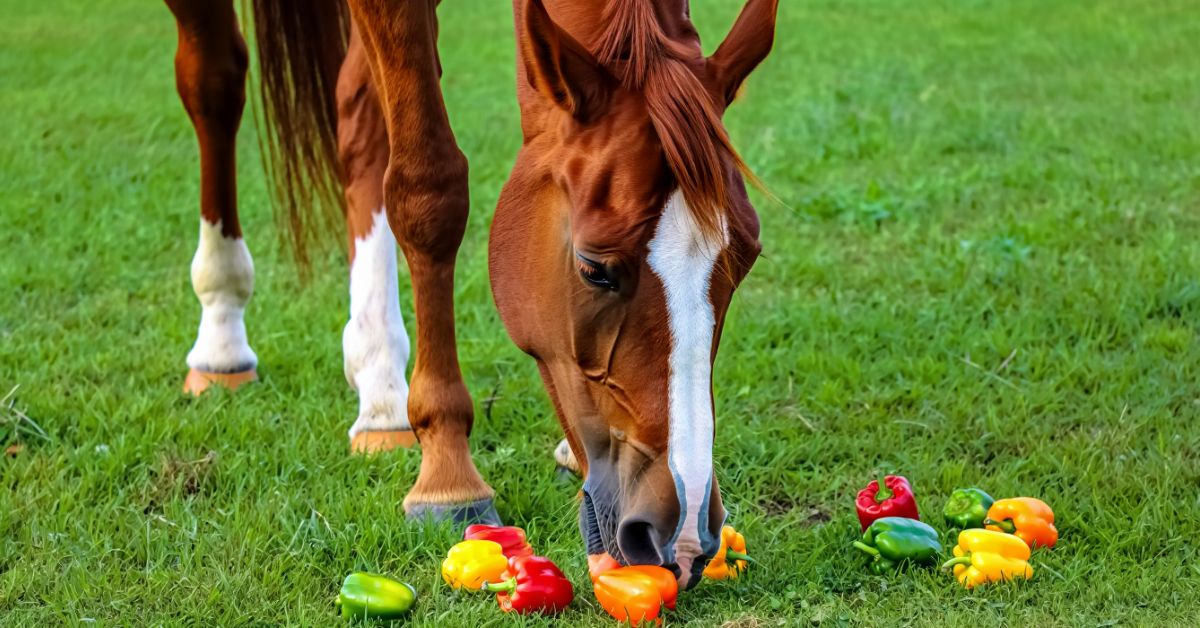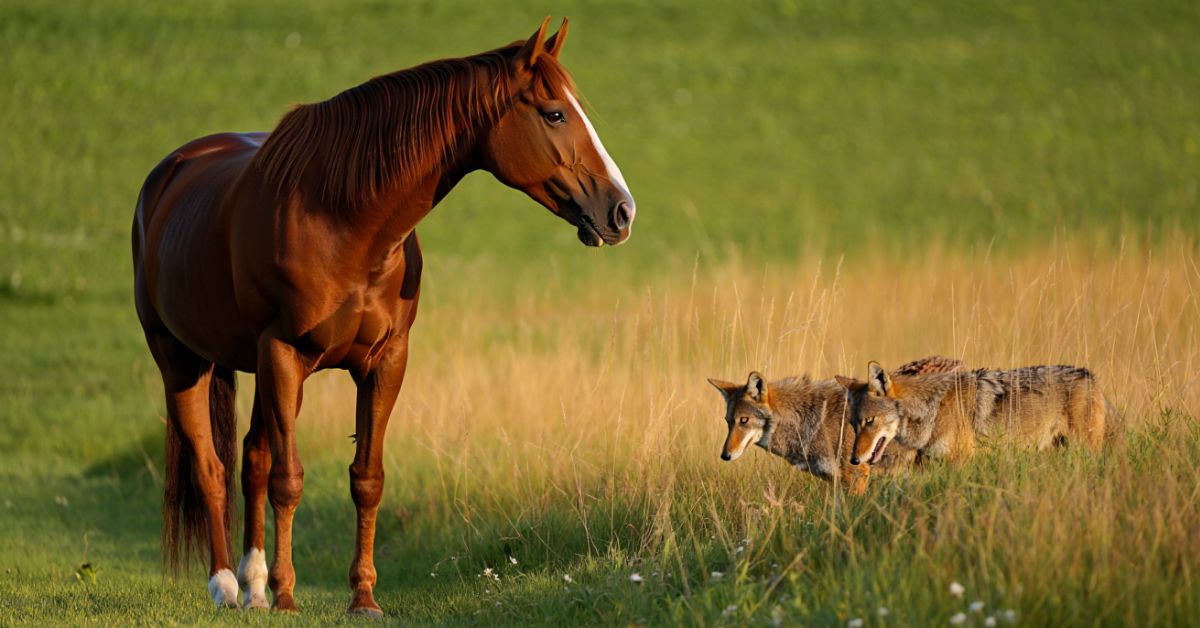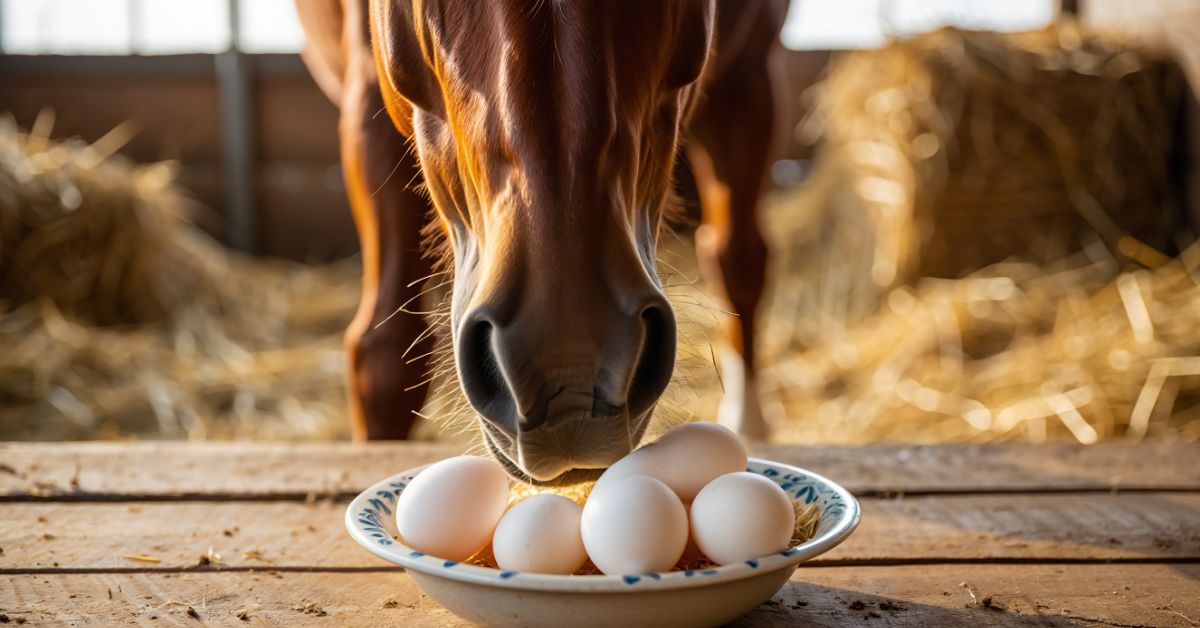
Can Horses Eat Eggs? What Every Owner Must Know
Have you ever wondered if those protein-packed eggs sitting in your kitchen could benefit your horse? You're not alone. This question puzzles many horse owners, especially those looking for natural ways to boost their equine companion's nutrition.
Here's the straight answer: Yes, horses can eat eggs, and they've been doing so for centuries in various cultures. But before you rush to the barn with a carton of eggs, there's crucial information you need to know about feeding eggs to horses safely and effectively.
In this complete guide, you'll discover the nutritional value of eggs for horses, how to introduce them properly, potential risks to avoid, and whether this unconventional feed truly deserves a place in your horse's diet. Let's separate fact from fiction. 🐴
The Surprising History of Feeding Eggs to Horses
Before modern equine nutrition science, European grooms and stable hands regularly fed raw eggs to their horses. This wasn't just folklore—it was a practical solution to add shine to coats before important shows and competitions.
Polish cavalry units reportedly included eggs in their horses' rations to maintain stamina during long campaigns. Working horses pulling heavy loads often received eggs mixed into their feed as an energy booster.
Today, this practice remains controversial among horse owners and veterinarians, despite its historical precedent. Understanding both sides helps you make an informed decision for your beloved companion.
Nutritional Value of Eggs for Horses: Breaking Down the Benefits
Let's examine what makes eggs potentially valuable in equine dietary supplements:
Protein Powerhouse 💪
One large egg contains approximately 6 grams of complete protein with all nine essential amino acids. For horses needing extra protein—whether recovering from illness, building muscle, or lactating mares—this concentrated source can be beneficial.
Unlike many plant-based proteins, eggs provide bioavailable protein that horses can actually utilize efficiently. This matters because not all protein sources are created equal in the equine digestive system.
Vitamins in Eggs for Horses
Eggs pack an impressive vitamin profile:
-
Vitamin A: Supports vision, immune function, and skin health
-
Vitamin D: Critical for calcium absorption and bone strength
-
Vitamin E: Powerful antioxidant protecting cells from damage
-
B-Complex Vitamins: Essential for energy metabolism and nervous system function
-
Biotin in eggs (Vitamin B7): Promotes healthy hoof growth and coat condition ✨
That last point about biotin deserves special attention. Many horse owners spend significant money on hoof supplements, yet one egg provides approximately 10 mcg of biotin naturally.
Essential Minerals
The egg yolk contains:
-
Iron for healthy blood
-
Selenium for immune support
-
Phosphorus for bone health
-
Zinc for wound healing and coat quality
Healthy Fats for Energy
The fat content in eggs provides concentrated calories—useful for horses needing to gain weight or those with high energy demands. These fats also enhance the absorption of fat-soluble vitamins (A, D, E, K).
Are Eggs Safe for Horses? Understanding the Risks
While eggs are not toxic to horses, several legitimate concerns exist:
Digestive Considerations
Horses evolved as herbivores with digestive systems optimized for processing plant material. Their intestinal bacteria and enzymes are adapted for fermenting fiber, not digesting animal proteins.
Introducing poultry products to horses suddenly can cause:
-
Mild colic or digestive discomfort
-
Changes in manure consistency
-
Gas or bloating in sensitive individuals
These digestive issues are typically temporary and mild, but they're worth monitoring.
Choking Hazard Concerns
Raw eggs or even hard-boiled eggs can present a choking hazard if fed whole, especially to horses that eat quickly. Always break or scramble eggs before feeding to minimize this risk.
Allergies and Sensitivities
While rare, some horses may develop allergies to eggs. Watch for:
-
Skin reactions (hives, itching)
-
Respiratory symptoms (coughing, nasal discharge)
-
Unusual behavior or discomfort after feeding
If you notice any adverse reactions, discontinue immediately and consult your veterinarian.
The Biotin Controversy
Here's an ironic twist: Raw egg whites contain avidin, a protein that actually binds biotin and prevents its absorption. This means feeding large quantities of raw eggs could theoretically cause biotin deficiency over time.
However, cooking eggs deactivates avidin completely. This is why many experts recommend cooked eggs for horses over raw versions.
How to Feed Eggs to Horses: Practical Guidelines
If you decide to try adding eggs to horse feed, follow these expert-approved methods:
Start Small and Slow 🐣
Horse feeding guidelines emphasize gradual introduction of any new food:
-
Begin with one cooked egg mixed into regular feed
-
Observe for 48 hours for any digestive changes
-
If tolerated well, you can gradually increase to 2-3 eggs per week
-
Never exceed 4-5 eggs weekly for average-sized horses
Best Preparation Methods
Scrambled eggs for horses are the safest option:
-
Cook thoroughly without butter, oil, or seasonings
-
Let cool completely before mixing with feed
-
Break into small pieces to prevent choking
Boiled eggs for horses work equally well:
-
Hard-boil for at least 10 minutes
-
Cool and peel completely
-
Chop or mash before serving
-
Some owners include crushed egg shells for horses as a natural calcium source (ensure shells are clean and finely ground)
Never Feed These
❌ Raw egg whites alone (avidin concern) ❌ Eggs cooked with butter, salt, or seasonings ❌ Spoiled or cracked eggs ❌ More than 5 eggs per week regularly
Do Horses Actually Like Eggs?
This might surprise you: most horses readily accept eggs when properly introduced!
Do horses like eggs? Based on owner reports and anecdotal evidence, many horses find eggs palatable, especially when mixed with sweet feed or familiar grains. The slightly sweet taste of egg yolk seems appealing to most equines.
That said, some picky eaters may refuse them initially. If your horse turns up their nose, try:
-
Mixing with molasses or applesauce
-
Starting with smaller amounts
-
Offering at different times of day
-
Respecting their preference—eggs aren't essential
When Eggs Might Benefit Your Horse
Consider feeding eggs to horses in these specific scenarios:
For Coat and Hoof Health
If your horse struggles with:
-
Dull, brittle coat lacking shine
-
Slow hoof growth or poor hoof quality
-
Cracked or weak hooves
The biotin and protein in eggs (when cooked) may provide noticeable improvements over 8-12 weeks. Many owners report benefits of eggs for horse coat becoming visible within 2-3 months.
During Recovery or High Stress
Horses recovering from illness, injury, or surgery may benefit from the easily digestible protein eggs provide. Similarly, performance horses in heavy training might appreciate the nutritional boost.
For Hard Keepers
Horses that struggle to maintain weight despite quality feed might benefit from the calorie-dense nutrition eggs offer. The high-protein foods help build muscle mass, not just fat.
Can Foals Eat Eggs?
Foals and young horses generally don't need eggs. Their rapid growth is best supported by quality mare's milk, foal-specific feeds, and gradually introduced forages. Save eggs for adult horses with specific nutritional needs.
What Veterinarians Say About Feeding Eggs to Horses
Veterinarian opinions on feeding eggs to horses vary considerably:
The Conservative View: Many vets recommend sticking to feeds specifically formulated for equine needs. They point out that quality commercial feeds already provide balanced nutrition, making eggs unnecessary for most horses.
The Pragmatic View: Some equine nutritionists acknowledge that eggs, when fed properly (cooked, in moderation), pose minimal risk and may offer benefits for specific horses. They emphasize the "sometimes food" approach—occasional supplementation rather than daily feeding.
Research on horses eating eggs remains limited. Most evidence is anecdotal rather than peer-reviewed, which is why mainstream veterinary medicine remains cautious about recommending this practice.
Always consult your own veterinarian before adding eggs to your horse's diet, especially if your horse has existing health conditions or takes medications.
Eggs vs. Other Protein Sources for Horses
How do eggs compare to conventional protein sources for horses?
Commercial Feed Supplements: Specifically formulated for equine digestion, guaranteed analysis, consistent quality. More expensive but proven safe.
Soybean Meal: Traditional plant-based protein source, high in lysine, well-researched for horses. Less complete protein than eggs.
Alfalfa: High-quality forage protein, supports digestive health, widely accepted. Lower protein concentration than eggs.
Flaxseed: Provides protein plus omega-3 fatty acids for coat health. Different nutritional profile than eggs.
Eggs offer complete protein and concentrated vitamins, but they're not necessarily superior—just different. The best choice depends on your individual horse's needs, budget, and response.
Common Horse Feeding Myths Debunked
Let's address some horse feeding myths related to eggs and protein:
Myth 1: "Horses need lots of extra protein for muscle building." Truth: Most horses get adequate protein from quality hay and grain. Only performance horses, growing youngsters, and pregnant/lactating mares need significantly more.
Myth 2: "Raw eggs are better than cooked eggs for horses." Truth: Cooked eggs are safer due to the avidin issue and reduced bacterial contamination risk.
Myth 3: "If eggs are good, more is better." Truth: Excess protein stresses the kidneys and liver. Moderation is key with any supplement.
Myth 4: "Horses can eat any human foods safely." Truth: Many human foods are toxic to horses, including chocolate, onions, avocados, and tomatoes. Always research before sharing.
What Should a Horse NOT Eat? ⚠️
While we're discussing what human foods can horses eat, here's a critical list of what a horse should not eat:
-
Chocolate (contains theobromine)
-
Caffeine (coffee, tea, energy drinks)
-
Onions and garlic (cause hemolytic anemia)
-
Avocado (persin toxicity)
-
Cruciferous vegetables in large amounts (cabbage, broccoli)
-
Lawn clippings (fermentation risk)
-
Moldy or dusty hay
-
Stone fruits with pits
-
Meat products (except occasional eggs as discussed)
The toxicity of eggs to horses is negligible when properly prepared and fed in moderation. They're dramatically safer than the items listed above.
Safely Introducing New Foods to Horses: The Golden Rules
Whether you're considering eggs or any other supplement, follow these principles for safely introducing new foods to horses:
-
One at a time: Never introduce multiple new foods simultaneously or you won't know which caused problems if issues arise.
-
Start small: Begin with the smallest reasonable amount and increase gradually over weeks.
-
Observe carefully: Watch for changes in behavior, appetite, manure, and overall condition for at least 3 days after any new food.
-
Know your horse: Horses with sensitive digestive systems need even more caution than easy keepers.
-
Document everything: Keep notes on what you fed, how much, and your horse's response. This creates valuable data for future decisions.
-
Consult professionals: When in doubt, ask your veterinarian or an equine nutritionist before proceeding.
The Bottom Line: Should You Feed Eggs to Your Horse?
After exploring all aspects of feeding eggs to horses, here's the practical summary:
Eggs CAN be fed safely to horses when:
-
Cooked thoroughly (scrambled or hard-boiled)
-
Fed in moderation (2-4 per week maximum)
-
Introduced gradually
-
Used as occasional supplementation, not daily feed
-
Given to healthy adult horses
Eggs are NOT necessary for horses with:
-
Balanced commercial diets
-
Quality hay and appropriate grain
-
No specific deficiencies
-
Sensitive digestive systems
The decision ultimately depends on your horse's individual needs, your management style, and your veterinarian's guidance. Eggs aren't a magic solution, but they're a reasonable option for targeted nutritional support when used wisely.
FAQ: Feeding Eggs to Horses
Q: Can horses eat raw eggs safely? A: While not toxic, cooked eggs are preferable. Raw egg whites contain avidin, which binds biotin and prevents absorption. Cooking deactivates this protein. Additionally, cooking reduces bacterial contamination risk from salmonella.
Q: How many eggs can I feed my horse per week? A: Most experts recommend no more than 2-4 eggs weekly for an average 1,000-pound horse. Start with one egg per week and assess tolerance before increasing. Never make eggs a daily part of your horse's diet.
Q: Will feeding eggs to my horse improve hoof growth? A: Eggs contain biotin, which supports hoof health, but only when cooked (raw egg whites block biotin absorption). Results take 6-12 months to become visible since hooves grow slowly. Commercial biotin supplements may be more reliable and cost-effective for this specific goal.
Q: Can I feed egg shells to my horse for calcium? A: Yes, finely crushed, clean egg shells can provide supplemental calcium. However, ensure they're ground to a powder to prevent choking. Most horses get adequate calcium from quality hay and don't need this supplement.
Q: What are signs my horse doesn't tolerate eggs well? A: Watch for digestive upset (loose manure, colic symptoms, decreased appetite), skin reactions (hives, itching), respiratory changes, or behavioral changes. If any occur, discontinue feeding eggs immediately and consult your veterinarian.
Ready to Optimize Your Horse's Nutrition? 🐴✨
Now you have the complete picture about feeding eggs to horses—the benefits, risks, and practical guidelines for making this decision confidently.
And you, what's your experience? Have you tried feeding eggs to your horse? What results did you notice? Share your story in the comments below—your insights could help fellow horse owners! 👇
Want to dive deeper into equine nutrition? Explore our comprehensive guide on [Alternative Protein Sources for Horses] and discover more ways to support your horse's health naturally.
Never miss our expert tips! Subscribe to the Dream Horse newsletter and receive our best equine care advice, product recommendations, and exclusive content delivered straight to your inbox every week. Your horse deserves the best—let's make it happen together! 🌟
Disclaimer: This article provides general information about feeding eggs to horses. Always consult with your veterinarian before making significant changes to your horse's diet, especially if your horse has existing health conditions or special dietary requirements.
